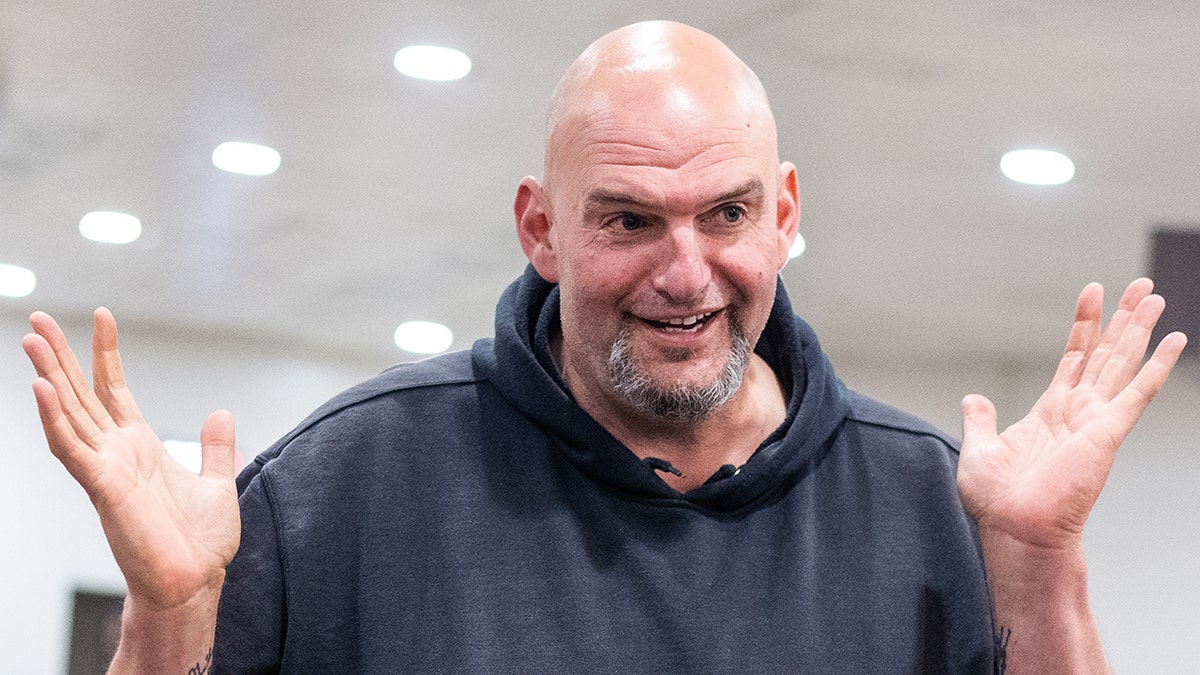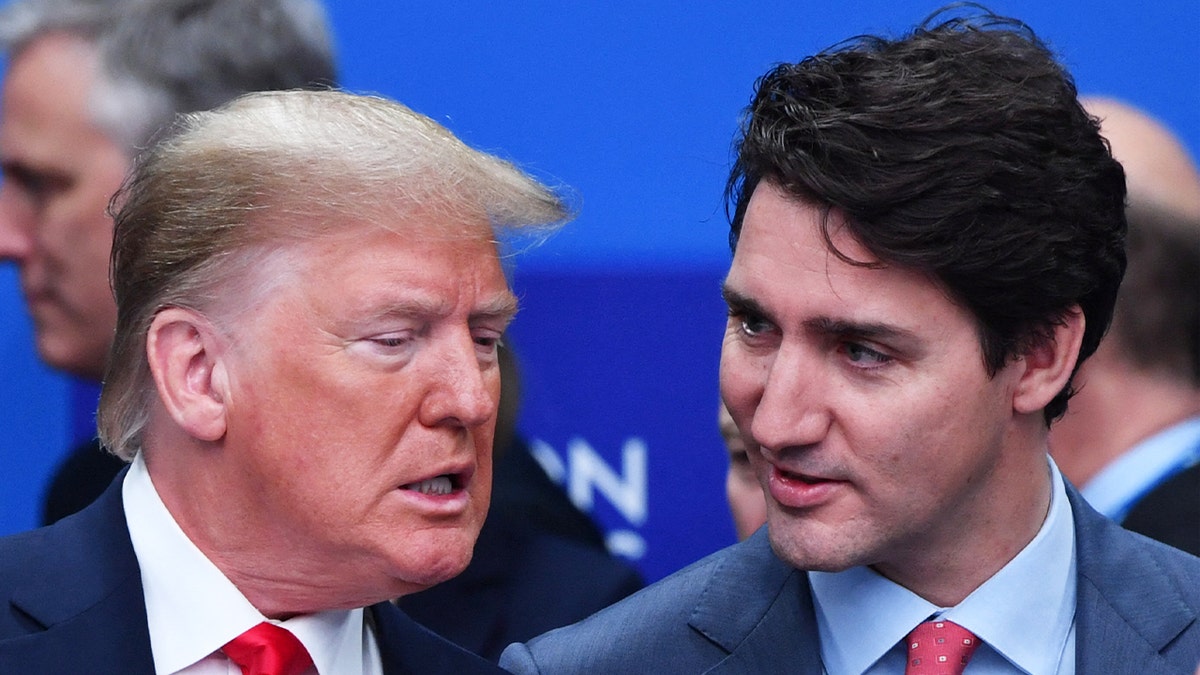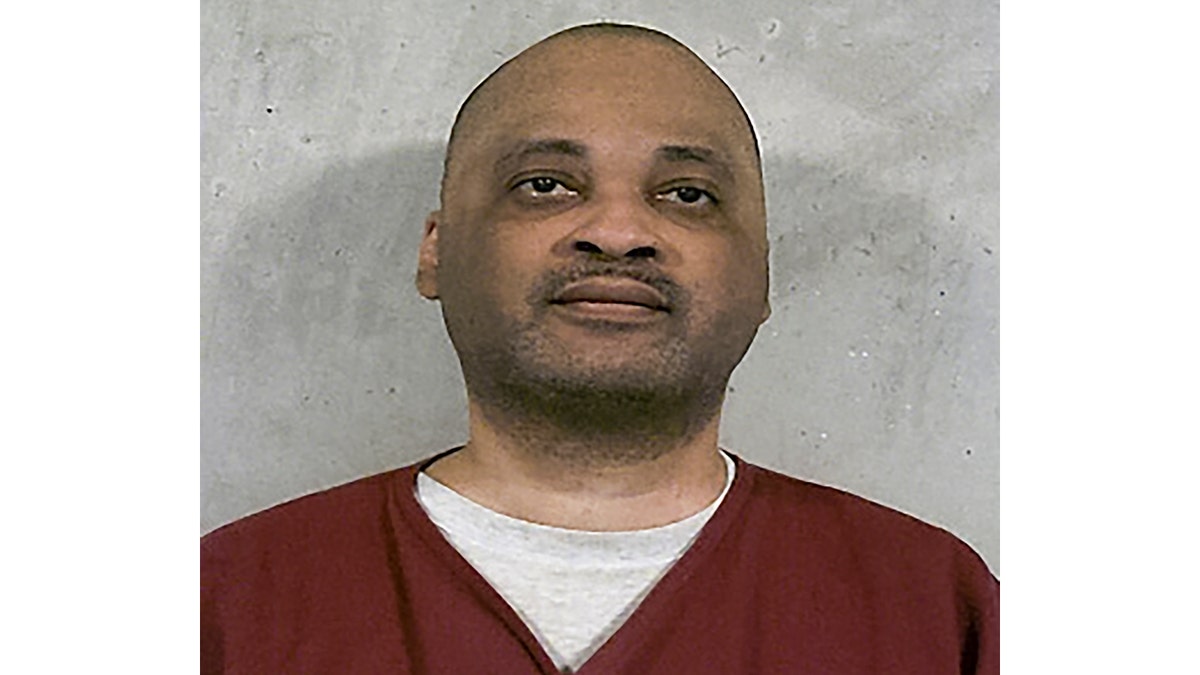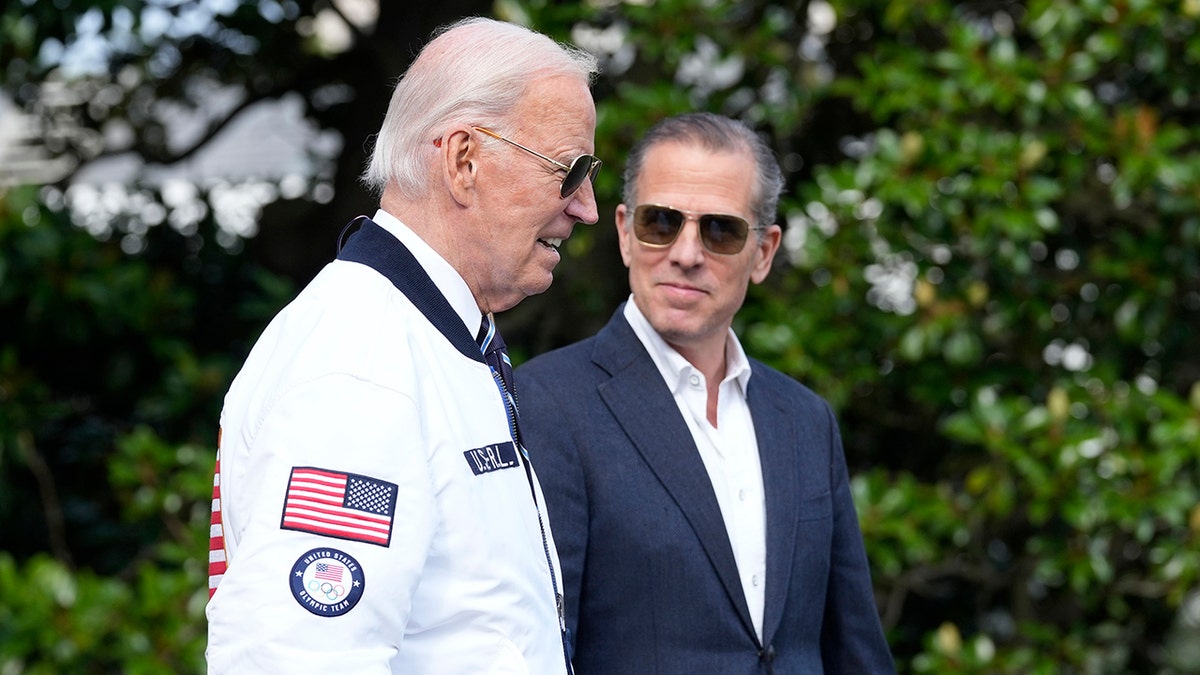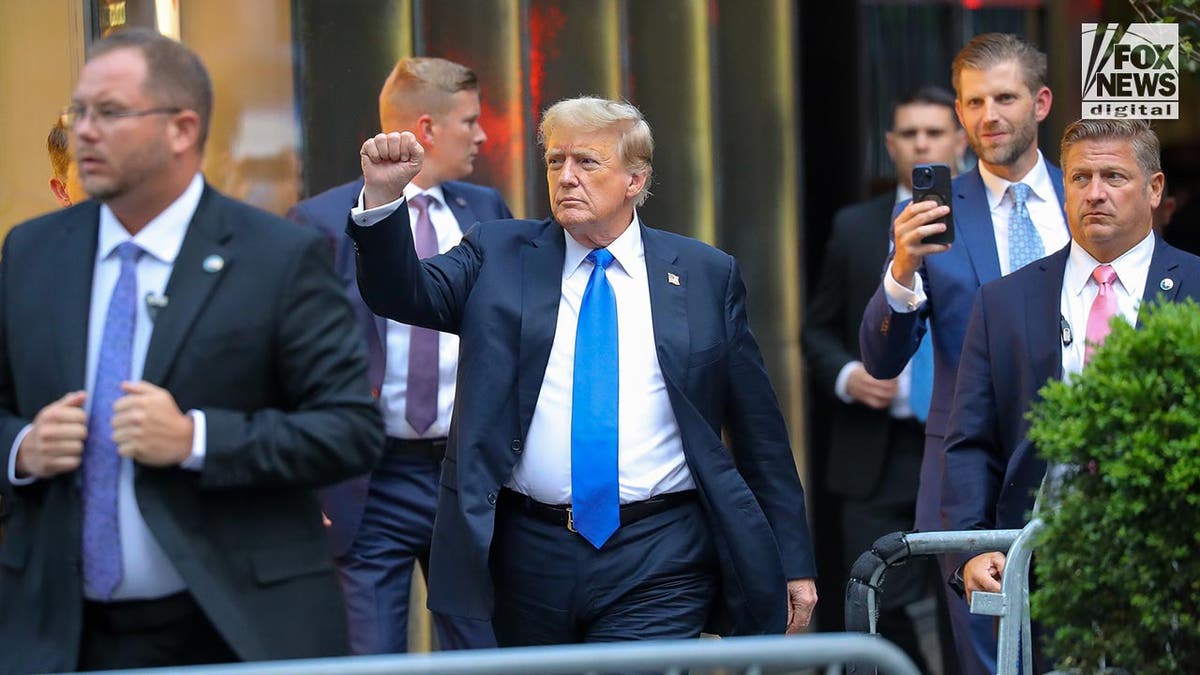Following a tumultuous week in French politics that saw the ousting of the previous government, President Emmanuel Macron has selected seasoned centrist politician François Bayrou as the new prime minister. Bayrou, 73, brings decades of experience to the role, a crucial asset in navigating the current fragmented political landscape where no single party holds a parliamentary majority.
The appointment comes after former Prime Minister Michel Barnier's resignation last week, triggered by a no-confidence vote stemming from budgetary disagreements within the National Assembly. This left France in a precarious position without a functioning government, a situation Macron addressed directly, assuring the nation he would remain in office until his term concludes in 2027.
Bayrou's selection underscores the challenges Macron faces. His centrist alliance lacks a parliamentary majority, requiring the new cabinet to forge alliances with moderate lawmakers from both the left and right to maintain power. Several conservatives are anticipated to join the new government.
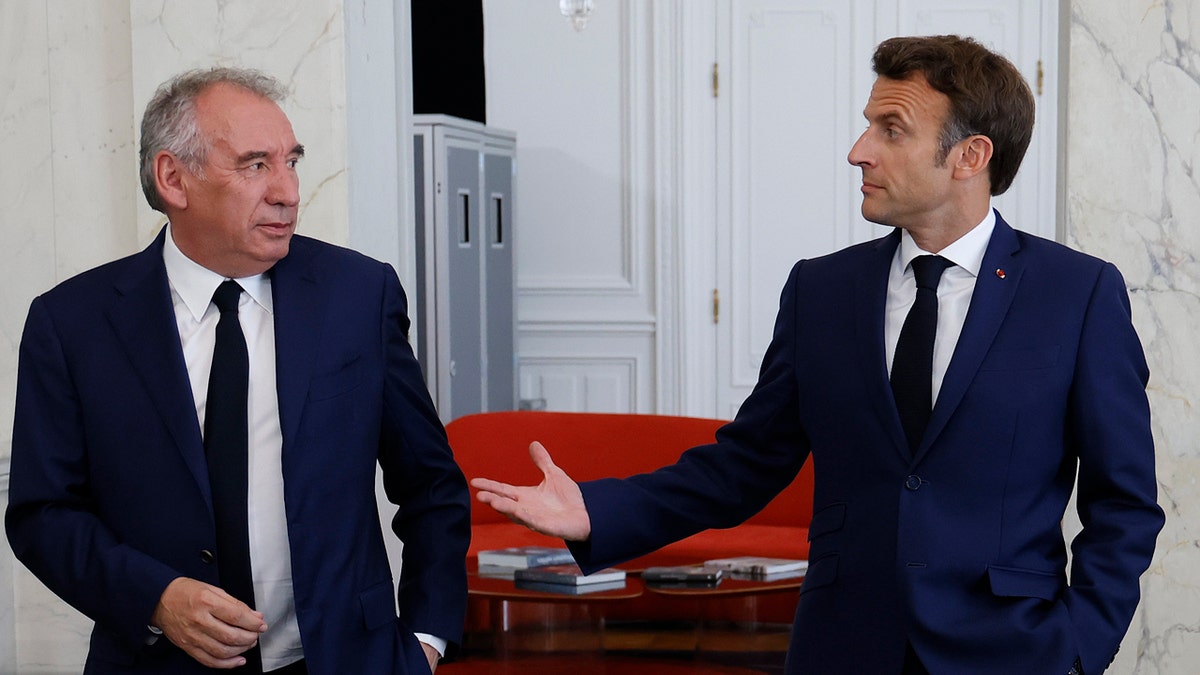
This strategic move by Macron is also interpreted as an attempt to limit the influence of far-right leader Marine Le Pen. Le Pen played a key role in Barnier's downfall, aligning her National Rally party with left-leaning factions to secure the no-confidence vote. The appointment of Bayrou aligns with Macron's broader strategy to establish a non-aggression pact with the Socialists, aiming to secure their support in future confidence motions.
Bayrou, leader of the Democratic Movement (MoDem), which he established in 2007, has been a steadfast ally of Macron. He backed Macron's initial presidential campaign in 2017 and subsequently served as justice minister. However, his tenure was short-lived due to an investigation into MoDem's alleged misuse of European Parliament funds, a case in which he was ultimately cleared by a Paris court earlier this year, though the party was fined and other officials found guilty.
Bayrou's political career spans decades. He served as education minister from 1993 to 1997 under a conservative government and has made three unsuccessful bids for the presidency in 2002, 2007, and 2012. His extensive experience and centrist positioning make him a critical figure in Macron's efforts to stabilize the French government amid ongoing political turbulence.

